Deutsche Telekom Launches Public Cloud Based on Cisco Platform and Maximizing Security
From Germany’s high-tech data center to all over Europe: Deutsche Telekom (Telekom) today announced the introduction of a new public cloud built on the Cisco cloud platform and compliant with German data sovereignty legislation. T-Systems, the business division of Deutsche Telekom, will operate and manage the new infrastructure-as-a-service (IaaS) offering — DSI Intercloud — from its highly secure data centers in Germany.
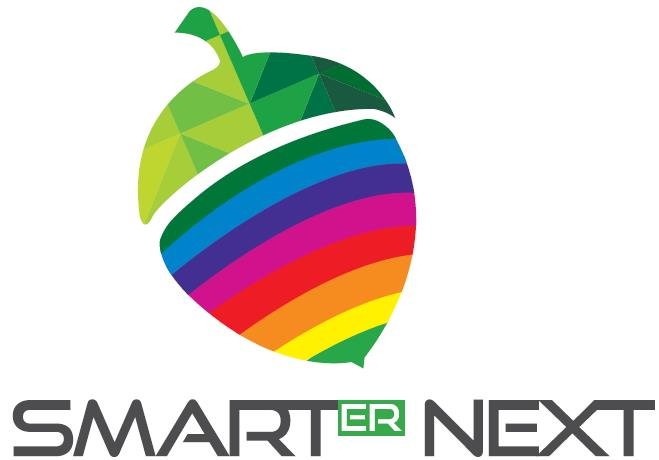
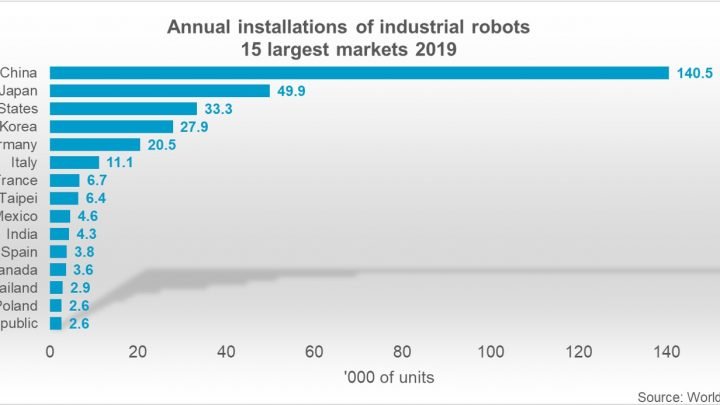
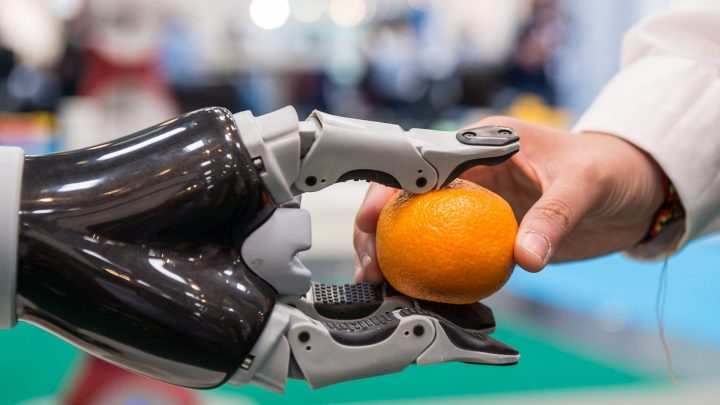



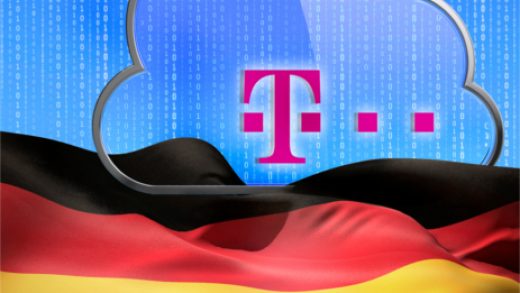



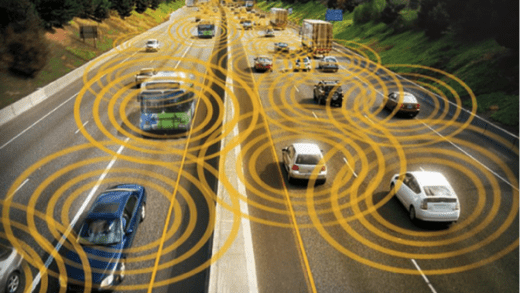
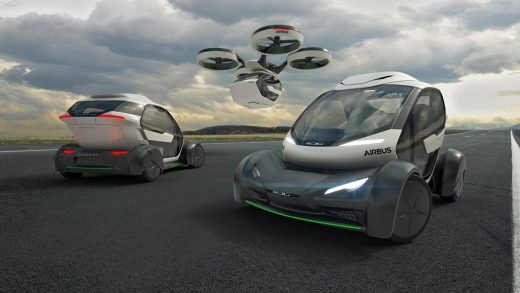
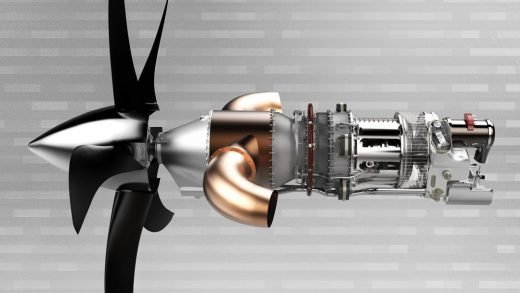
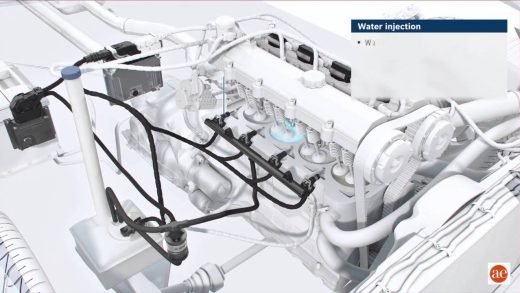
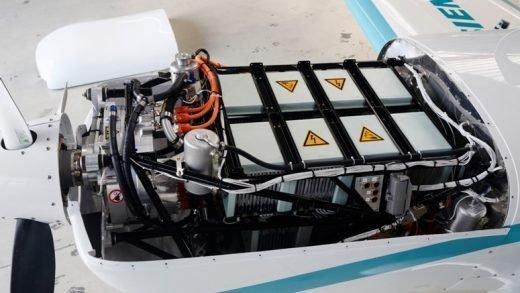
Recent Comments